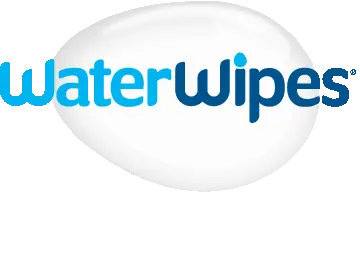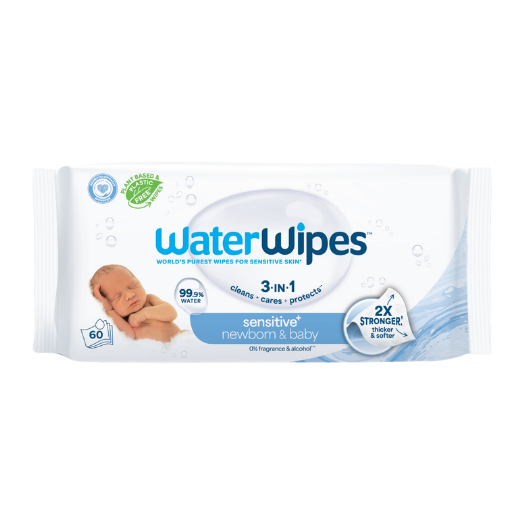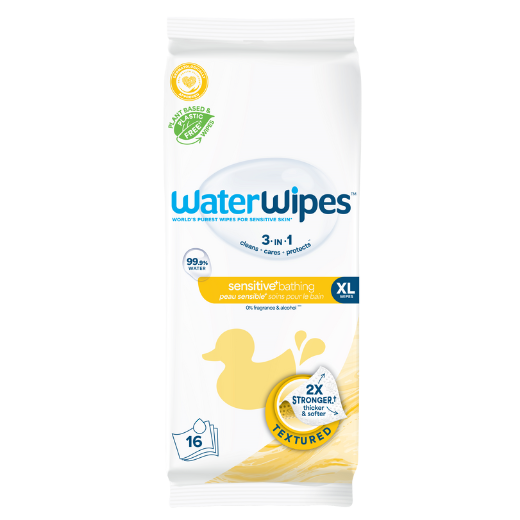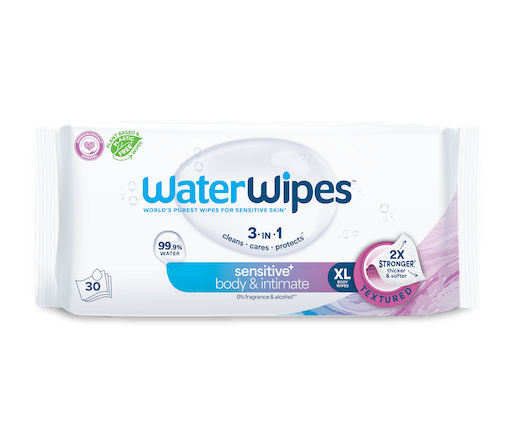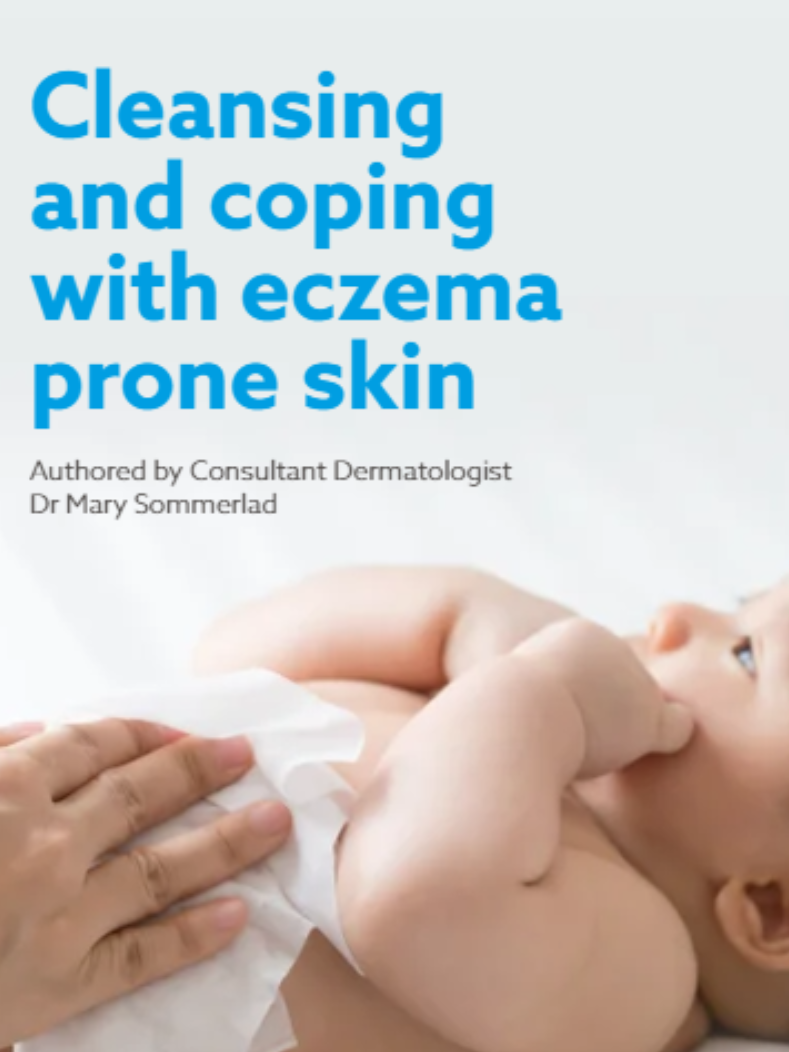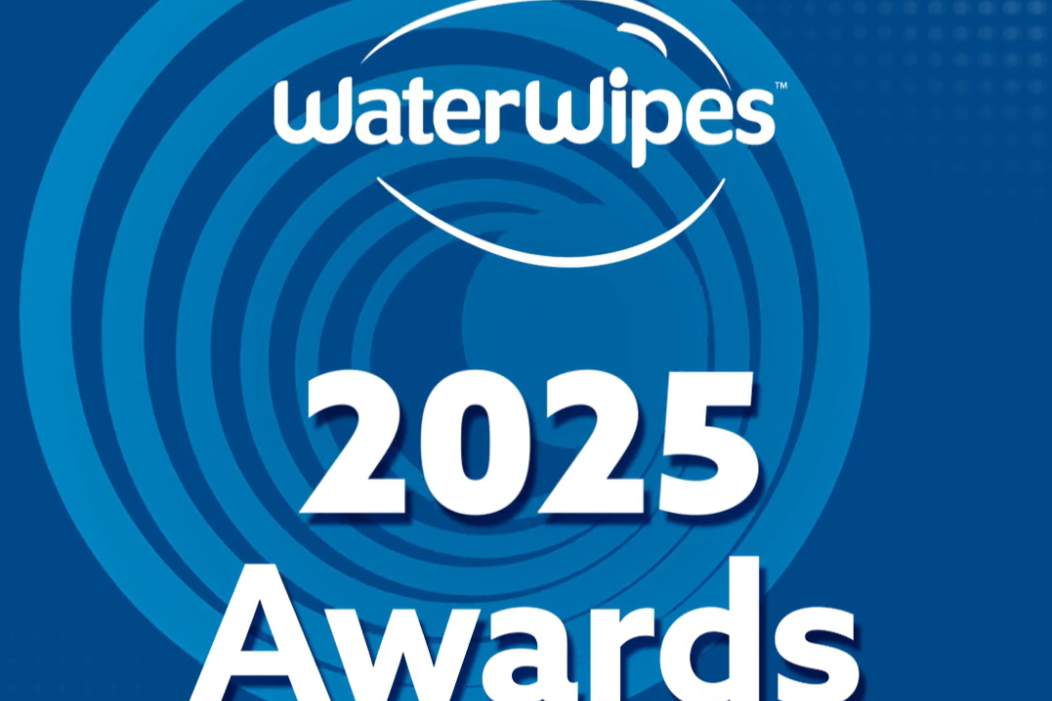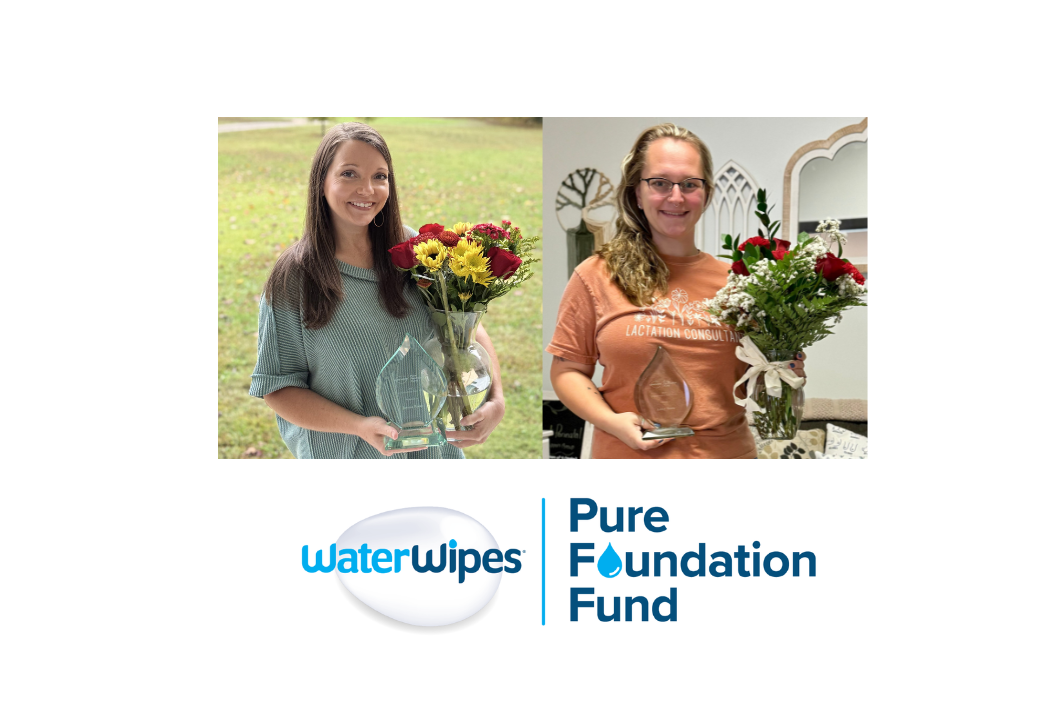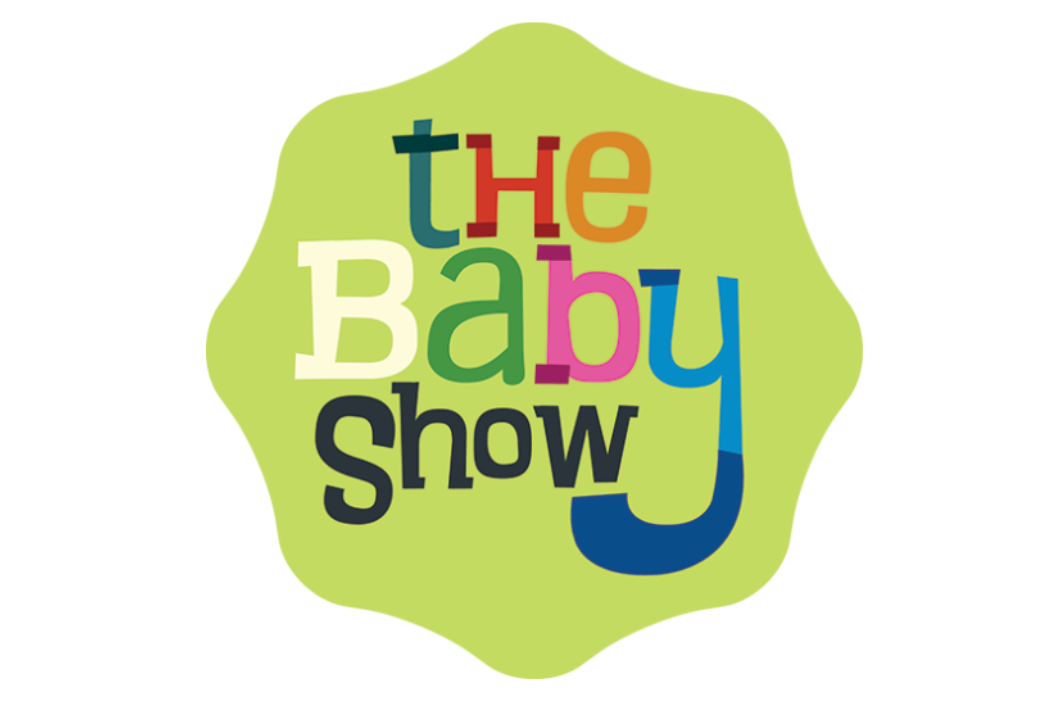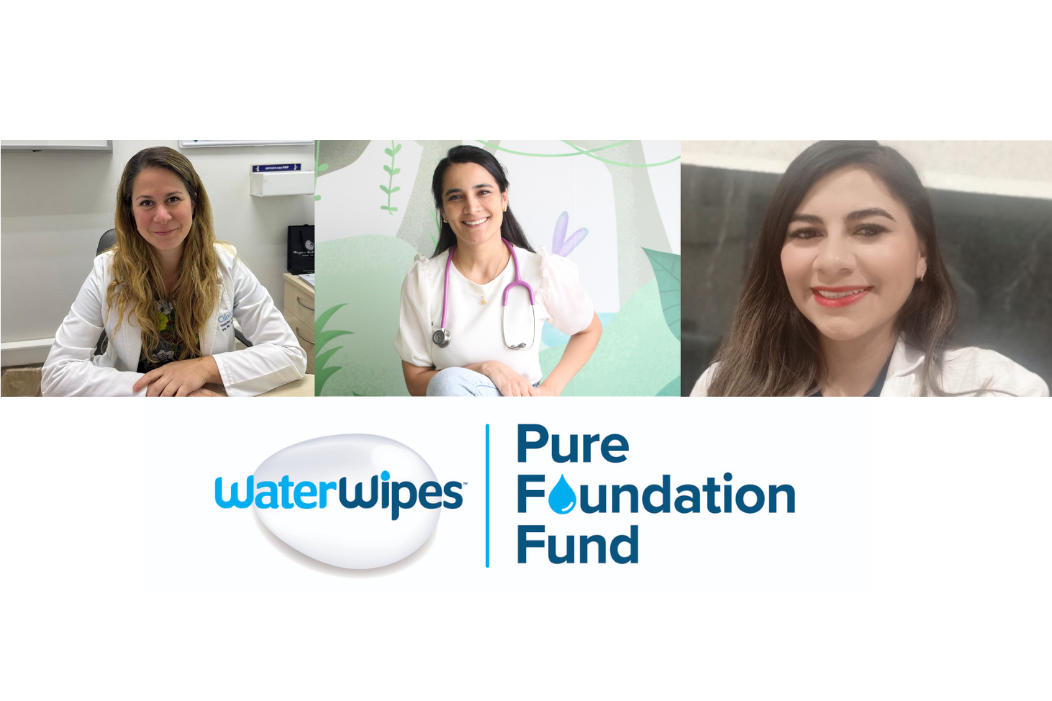Select your region
-
Europe
-
Americas
-
Africa and Middle East
-
Asia Pacific
Showing 1–11 of 15 articles
How Can I Make Bath Time Fun for Babies and Toddlers?
Bath time is more than just a chance to wash, it’s an opportunity for bonding, sensory learning, and gentle play.
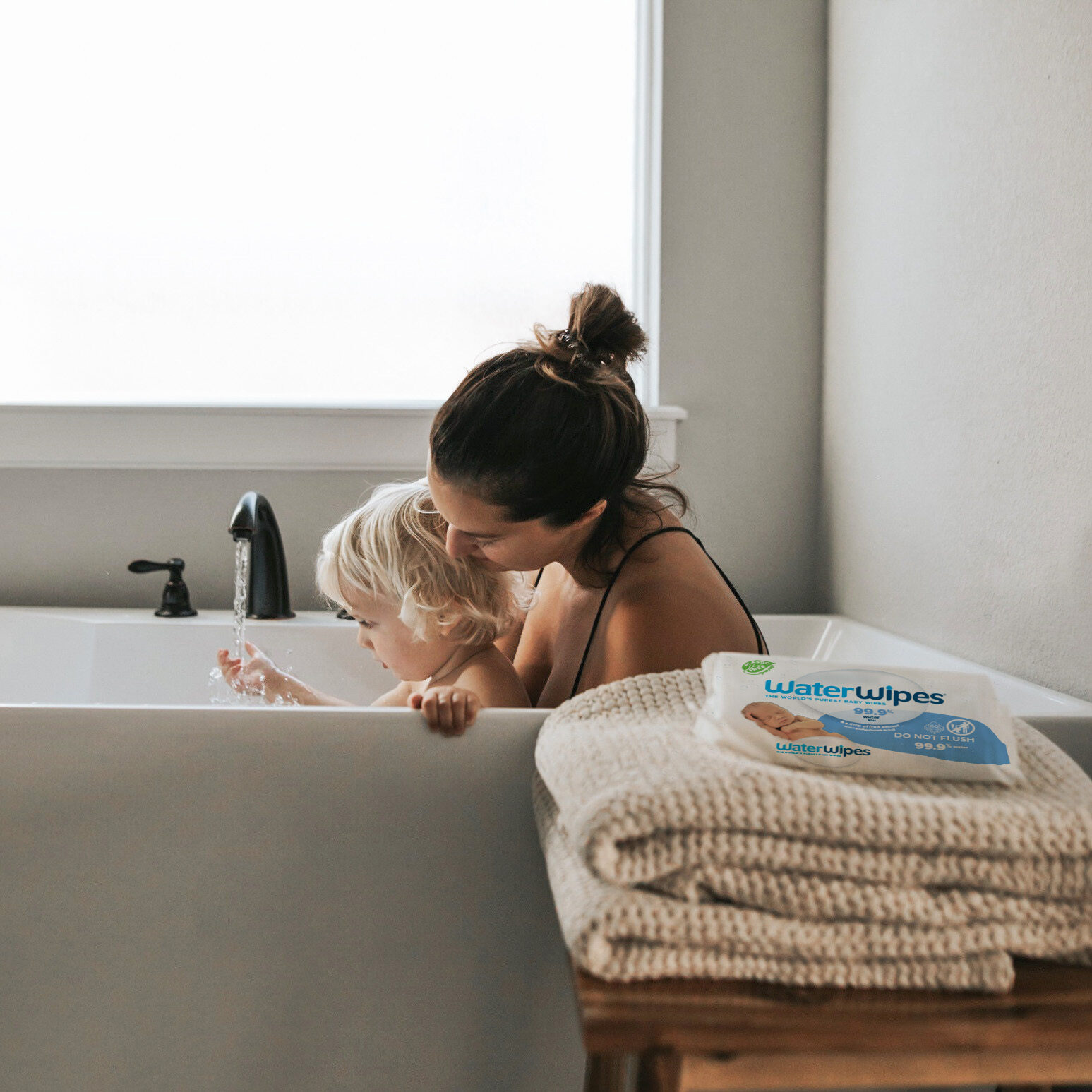
6 Magical Ways Breast Milk Changes To Meet Your Baby’s Needs
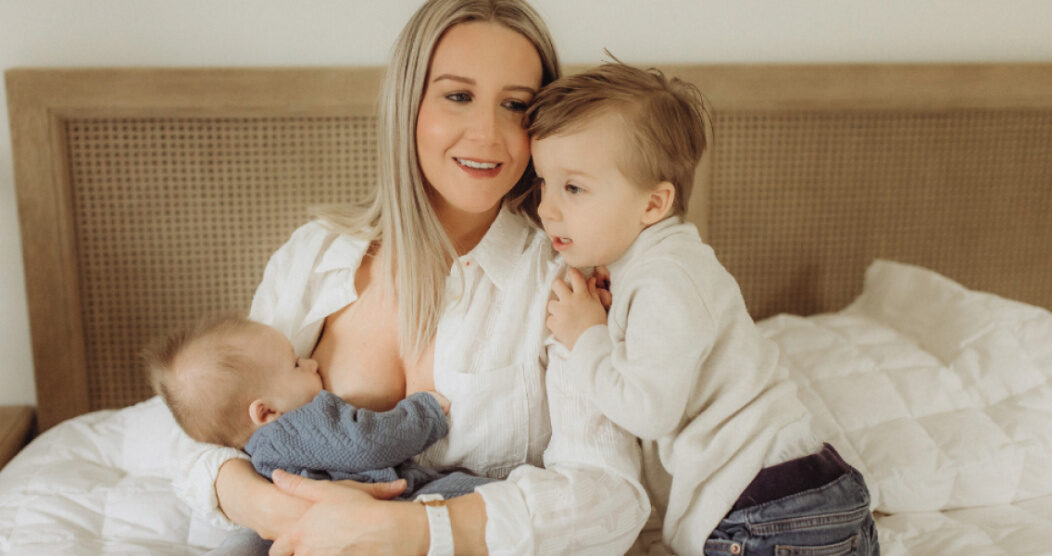
From Hospital to Home: Supporting Your Premature Baby’s First Few Weeks
From feeding and sleep to creating a calm space and caring for delicate skin, here’s what to expect and how to feel confident as you navigate those precious first weeks at home.
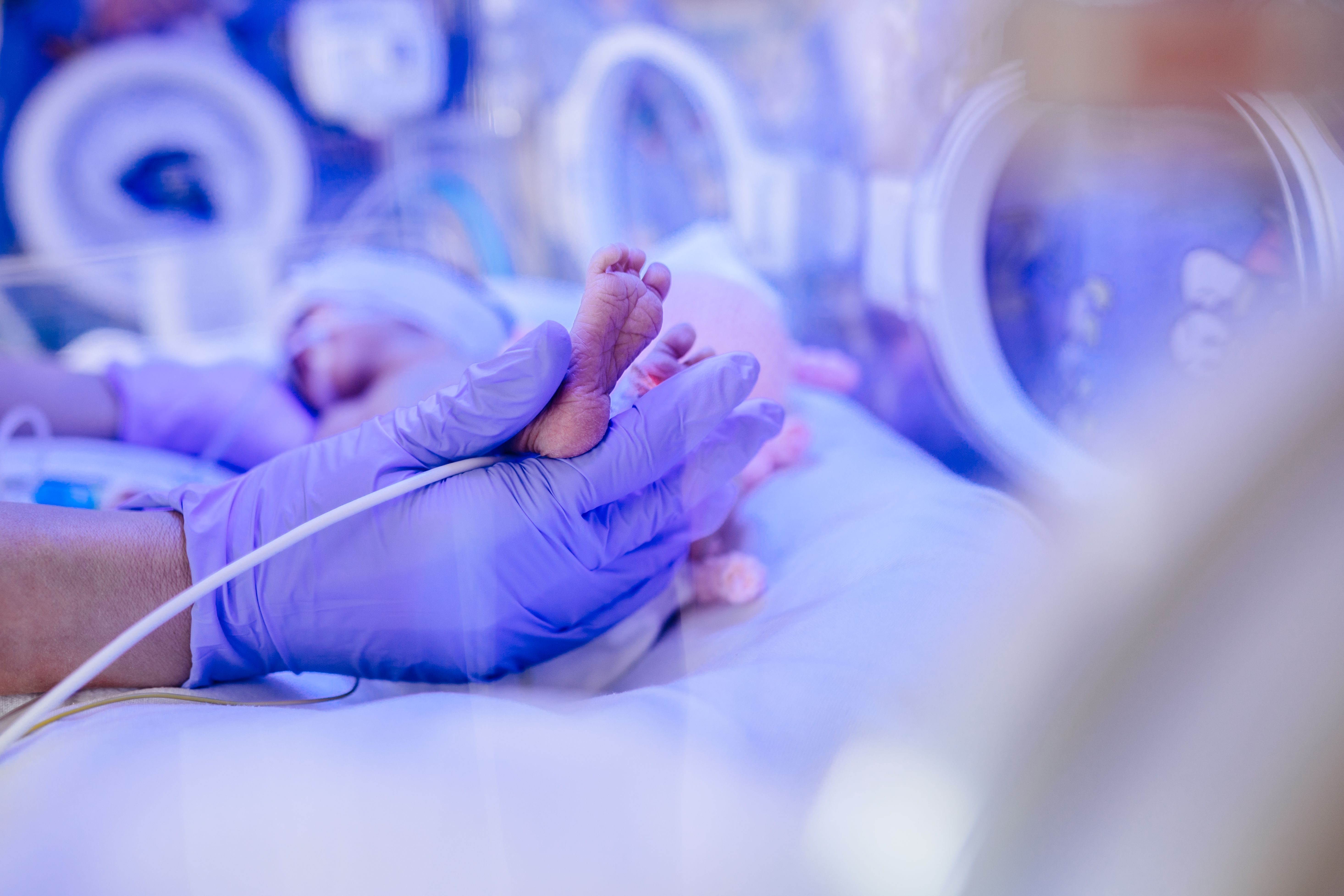
Diaper Changing Tips For New Parents
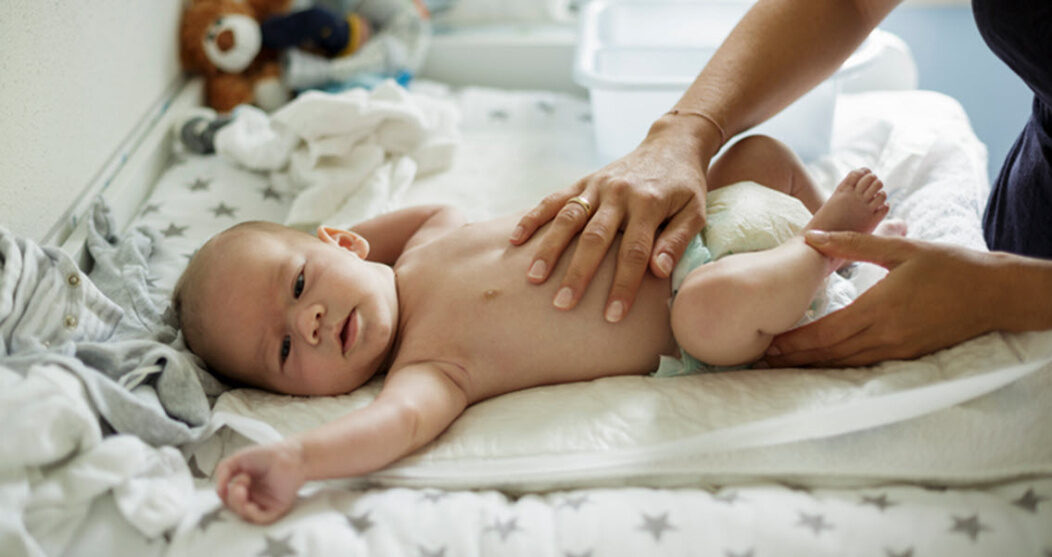
Layering for Babies & Toddlers in Autumn: Keeping Them Cozy, Safe & Comfortable
For parents, dressing babies and toddlers comfortably can feel like a balancing act. But with smart layering and a little bit of planning, you can keep little ones safe, cozy, and ready for whatever the season brings.
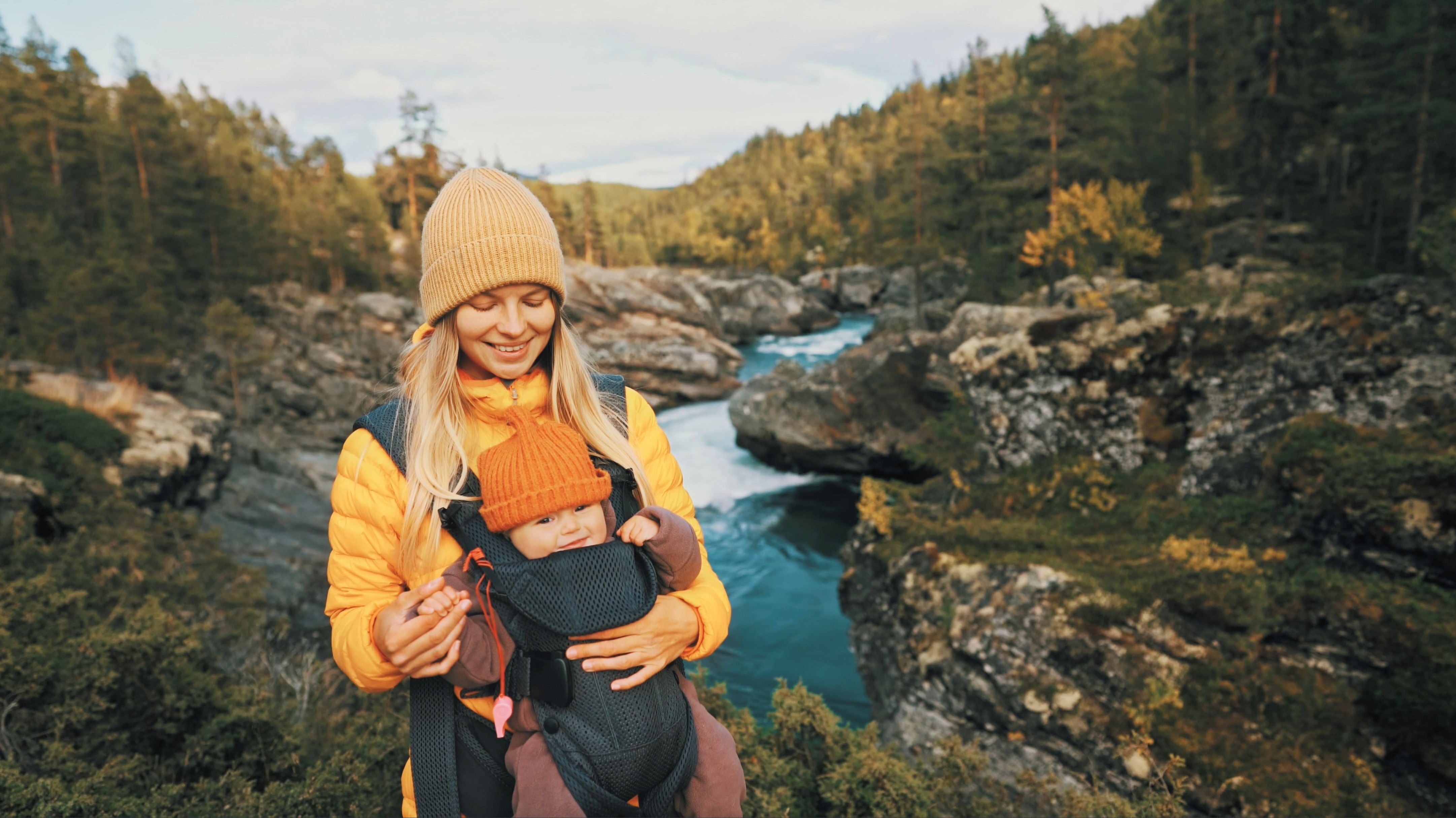
How To Prevent Your Baby’s Diaper Leaking Overnight
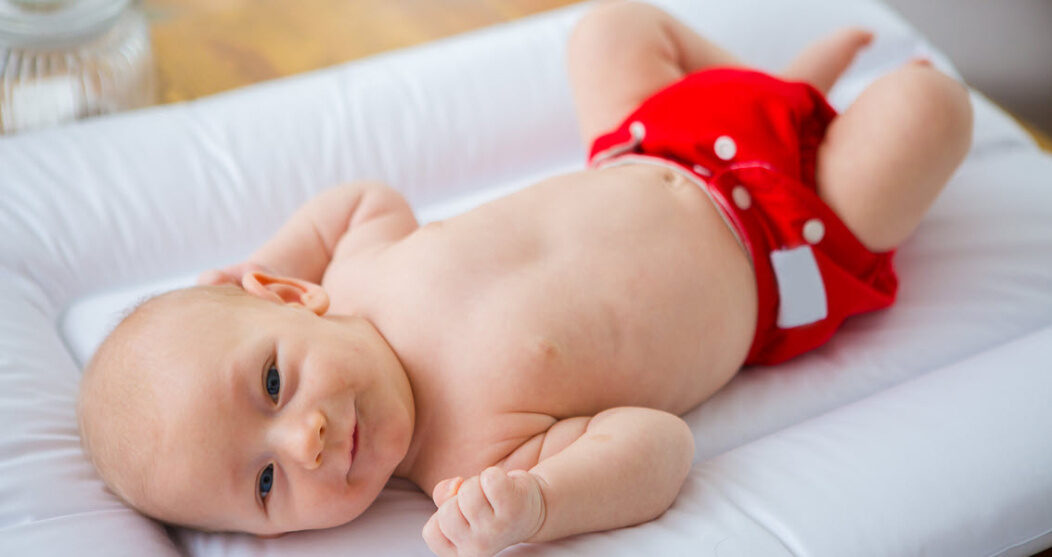
How to Help Relieve Baby Gas Fast: Gentle Tips for Soothing Tummy Trouble
This article outlines safe, gentle ways to help ease your baby’s gas quickly and bring some much-needed relief to your newborn
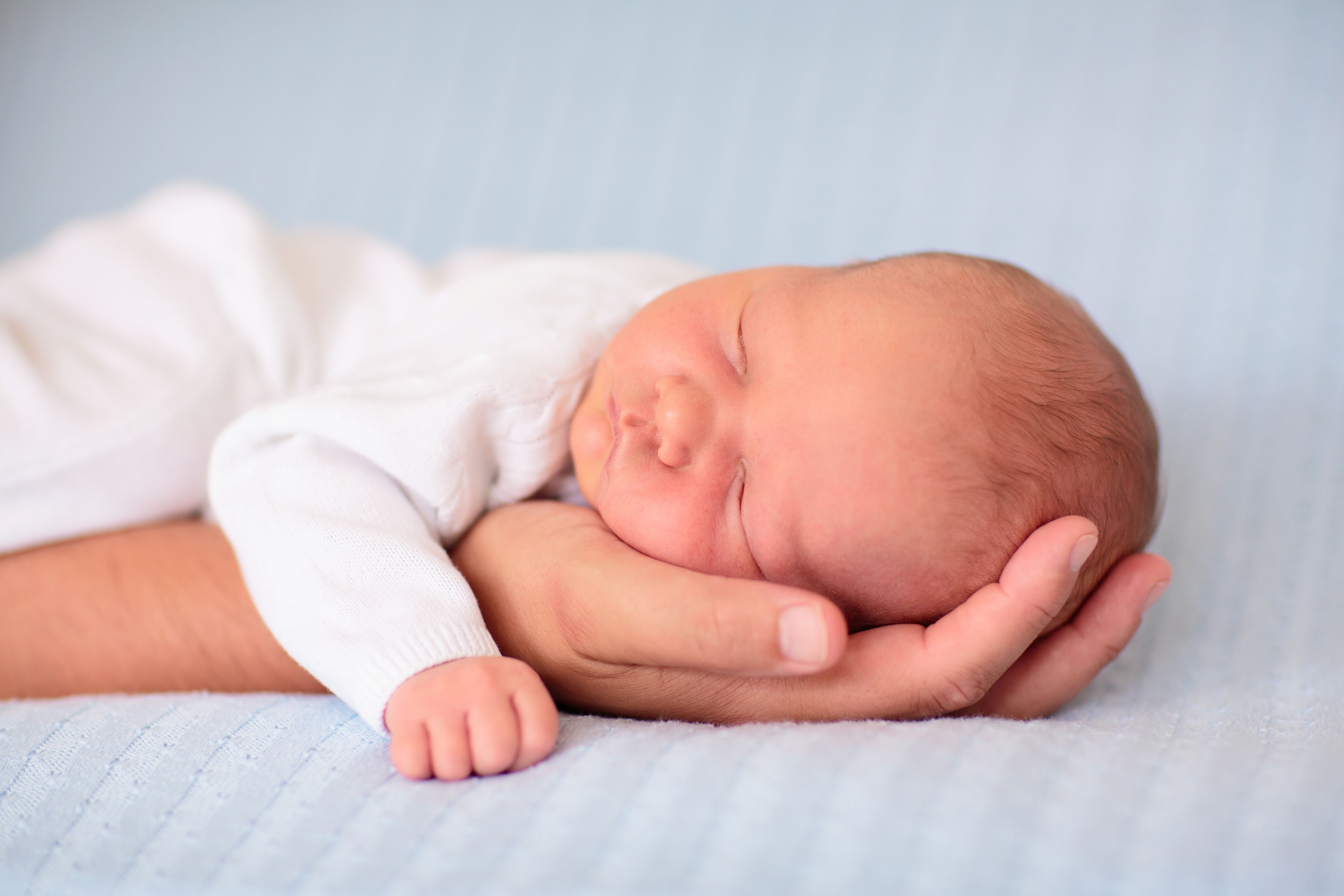
When to Worry About Baby Congestion
In this article we will look at what baby congestion sounds like, what causes it, how to ease it at home and when it is time to contact your healthcare provider.

5 Practical Baby Shower Gifts That Parents Actually Use
If you're looking for something that’s thoughtful, practical and genuinely useful, here are five baby shower gift ideas that new parents will be thankful for long after the wrapping paper is gone.
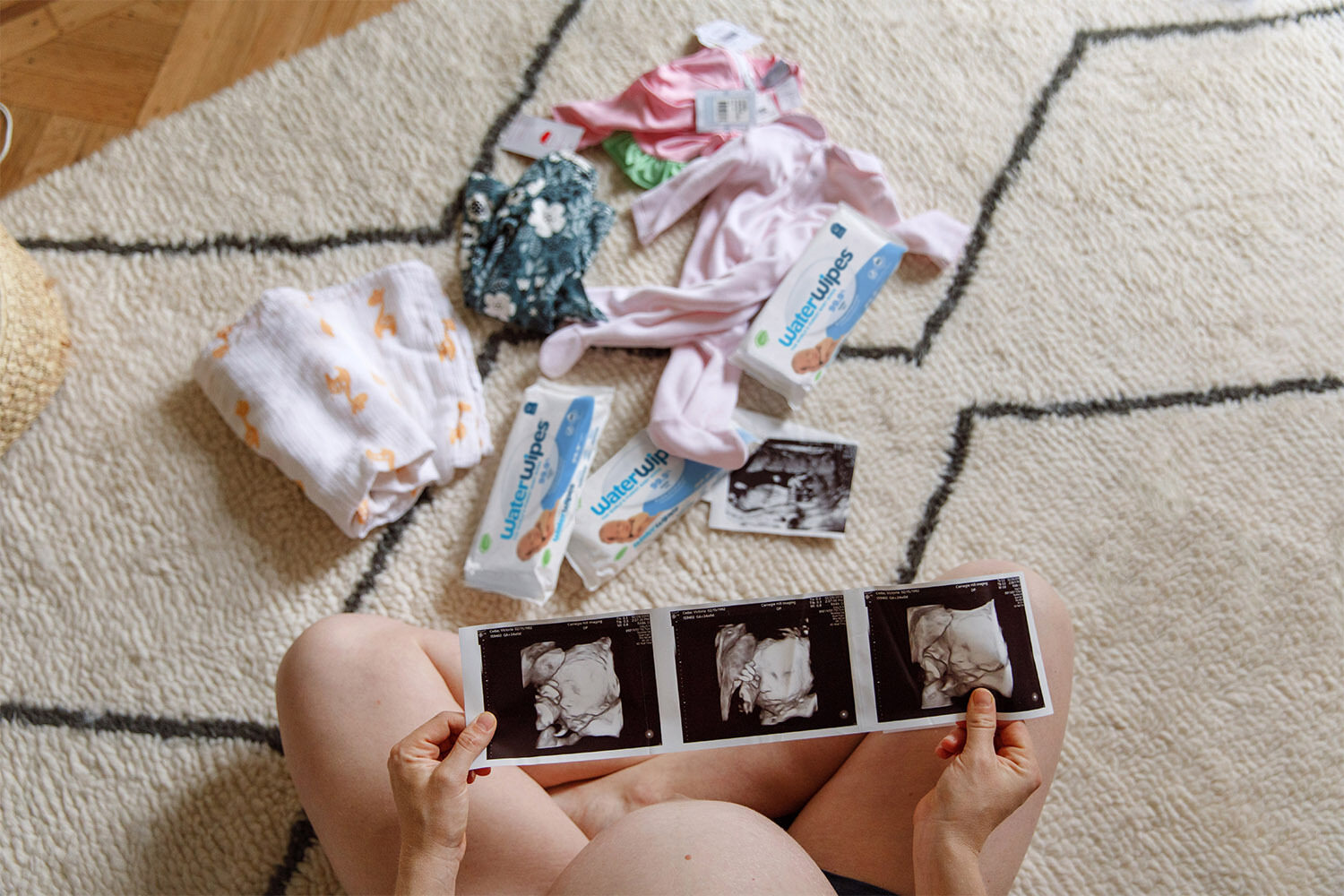
Newborn Starter Kit | Preparing For Baby's Arrival
Our comprehensive newborn baby starter kit, crafted with real parent insights, will reduce the stress of those early days, allowing you to fully enjoy this special time.
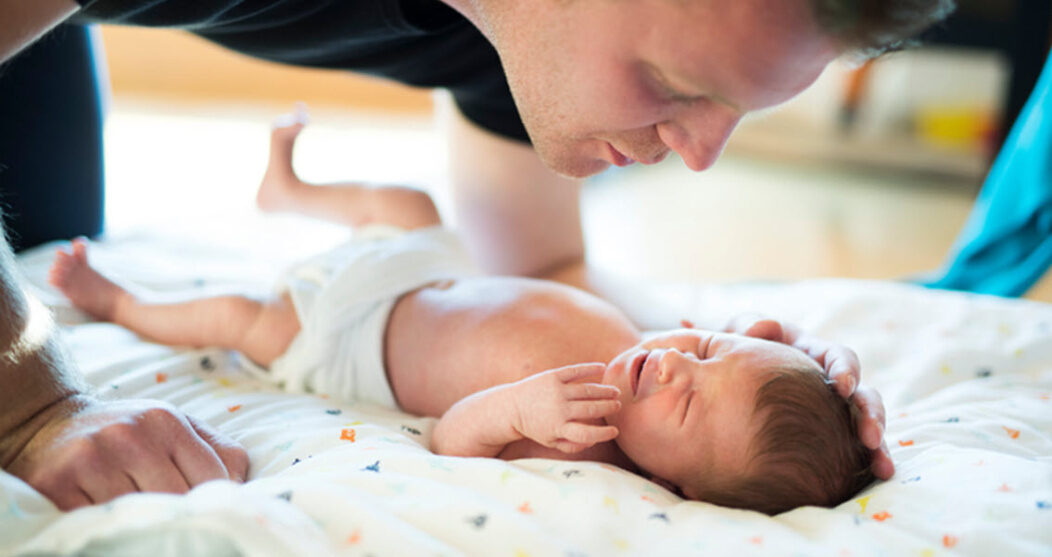
What To Do When Your Newborn Baby Has Jaundice

